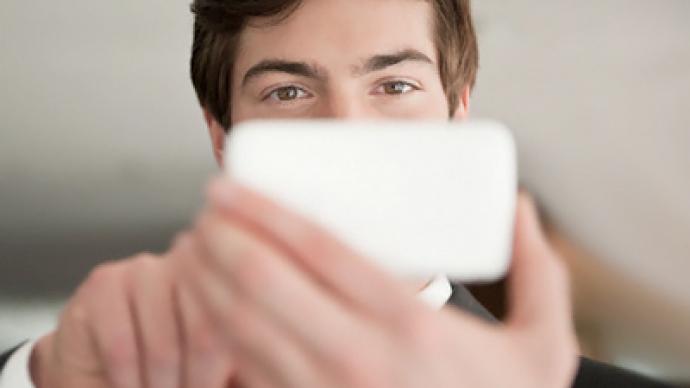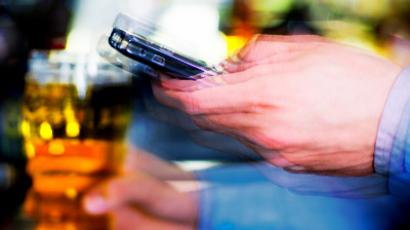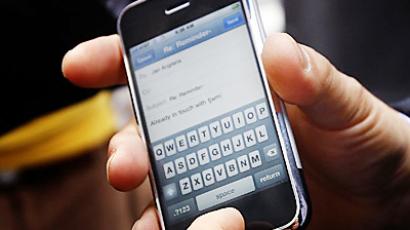Apple wants to turn off iPhone cameras

Some of the newest technology out of Apple headquarters won’t be in tablet form or fit in your pocket. Rather, the computer gadget giants have filed a patent that will keep their customers from using the camera function on their own iPhones.
Apple has been working on a plan that will allow concert halls, sporting arenas and other venues to install infrared sensors that will detect iPhones going into camera mode and promptly disable the device’s ability to snap a shot or film a video. Explicitly, the patent states that it will use new technology to "capture a second image that includes an infrared signal with encoded data" and from there could shut-down a phone's recording capability or else introduce a compulsory watermark.Other functions of the phone would not be halted upon being located by the sensors. While Apple is working on the product to combat bootlegging concerts and other unauthorized recording, the patent also notes that the infared emitter could be used to transfer data, such as in a museum. There iPhone users can be transmitted info about exhibits straight to their phone upon entering the signal’s range.Technology writer James Holland says, however, that implementing such a large-scale installation would be “a large undertaking.”Holland also notes that, “a patent is just an expression of an idea, and no guarantee Apple's actually building it into the iPhone.”The move is without a doubt a reflection of the recording industry’s continuing battle with bootleggers. Event organizers, broadcasters, performers and their parties are often allowed exclusive rights to their performances, but as unofficially-released content is leaked to YouTube, the audience can (and often) opts for free, unauthorized accounts of a live events, rather than paying promoters and groups for their own content.And while Apple may eventually implement this technology to render recording from iPhones impossible, no other cell phone giants, including Blackberry or Android, have disclosed details of following suit. Apple users have often found workarounds for many of the iPhones features since it was released, too. The hacking or “jailbreaking” of devices allows users with the knowhow to unlock all features of the Apple iOS, allowing for modification and the customizing of the phone’s operating system and its capabilities. With hackers this week infiltrating the servers of both the Senate and the CIA, a new iPhone mod to combat infared sensors is presumably all too possible.If you were to ask comedian Doug Stanhope about his thoughts on bootlegging, however, the stand-up has quite a bit to say about the negative aspects of bringing cell phones to shows. Speaking to Philadelphia Weekly earlier this year, Stanhope said,“at every show there’s some(one) with a cell phone camera putting s*** on YouTube—I’ll have people in Baltimore yelling out jokes I did in DC the night before. It could be brand new jokes.”“Videos on YouTube, for comedy, it’s like they’re giving away the ending of the movie.”Adds Stanhope, “another way that cell phone cameras just destroy the atmosphere is it’s live and it’s in the moment and it’s temporary. When people are…recording it … immediately you just see these…tourists of life, you know? You’re here…live, man, and you’re staring at me through a lens on a cell phone.”Apple had filed for the patent in 2009 but word of it was only released this week.














